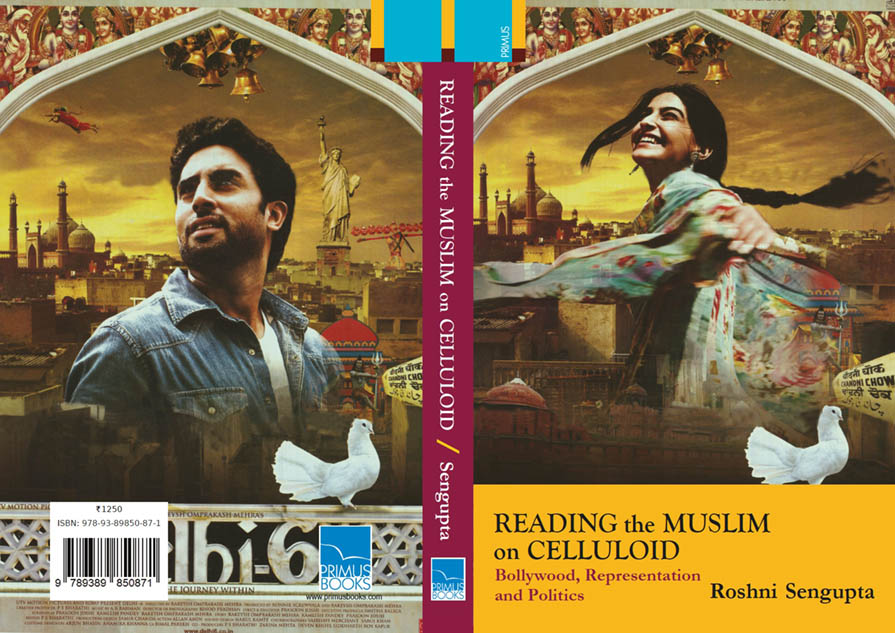The Muslim in Bollywood film narratives: evolving representations
An online interactive lecture by Roshni Sengupta from the Jagiellonian University Krakow, Poland.
The lecture will take place from 11:00 - 12:00 a.m. Amsterdam Time (Central European Summer Time, CEST).
This talk – based primarily on the findings published in Reading the Muslim on Celluloid: Bollywood, Representation and Politics – will attempt to look at the representation conundrum in films produced after 2012. How is the Muslim currently identified in a Bollywood film narrative? – is the question the lecture seeks to answer.
The question of how religious and sectarian identities are represented in Bollywood continues to be part of the psyche of Indians and South Asians the world over. The notion of the cinematic representation of identities, particularly of the Muslim as a cultural category, also contains within it ideas about visualities and their impact. As identities are redefined in the context of extremist ideologies, the advent of religious nationalism aids and abets such redefinitions. The contribution of cinema to such an ideological milieu is immense, and Hindi cinema -through its romantic narratives and culture of myth-making as well as the capital-intensive, industrial nature of its production- has emerged as one of the most powerful tools of political communication and propaganda.
Reading the Muslim on Celluloid: Bollywood, Representation and Politics aims to bring some of these cinematic narratives under the analytical lens and contextualize the representation of the Muslim identity in popular Hindi cinema. It also argues that a noticeable transformation in the representation of Muslims in films through the 1990s and 2000s culminated in the emergence of a secularized portrayal which can be perceived to be problematic. Can one discern an attempt to construct a visual binary where Muslims can be categorized as ‘good’ and ‘bad’? Does Hindi cinema perceive the Muslim through an overly simplified worldview of loyalty and nationalism? This book seeks to answer some of these difficult questions.
The talk will look at some narrative and political development after 2012.
The Speaker
Roshni Sengupta is Assistant Professor, at the Institute of Middle and Far East Studies of Jagiellonian University Krakow, Poland. She has earlier been Assistant Professor at the Leiden Institute of Area Studies, Leiden University, Netherlands and a research fellow with the International Institute for Asian Studies (IIAS), Leiden. Her research interests lie in the areas of South Asian politics and culture and post-colonial studies. Currently, she is finalising a two-part edited anthology on media and literature in post-Partition South Asia. She has published widely in peer-reviewed journals and is also prolific on popular news and opinion portals.
The Webinar
The lecture will take about 30 minutes. After that, you will have the opportunity to ask questions and engage directly with the speaker and the rest of the audience.
Registration
You can join this live webinar by sending us your contact information via the registration form on this page. Two days before the start of the webinar, we will get in touch with you and provide you with access information and other necessary details.
NOTE: Please check your spam box if you can't find the instructions in your inbox.
